PLATFORM
All In One Personalized Biomarker Data. Unified End-To-End Platform.
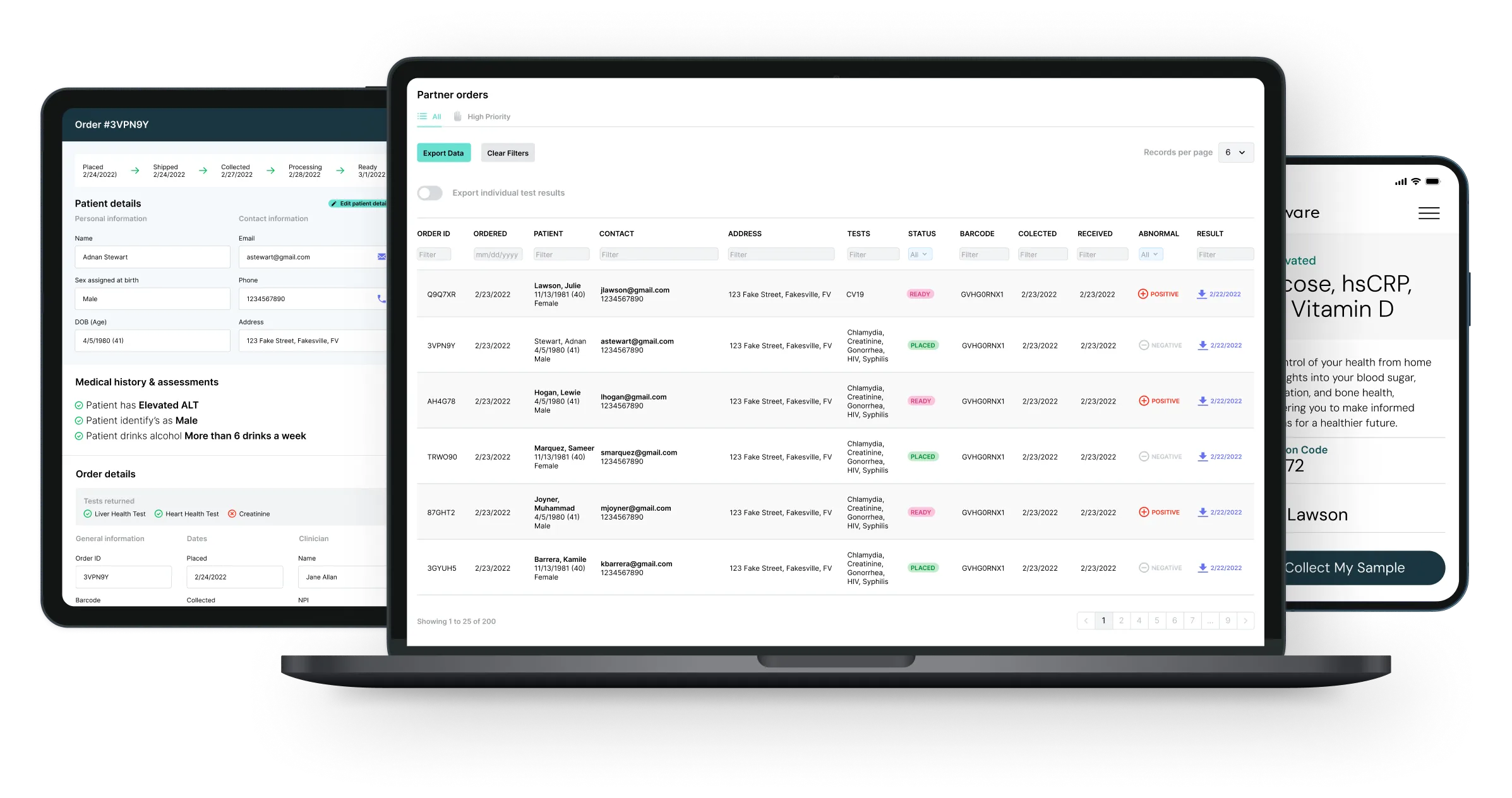
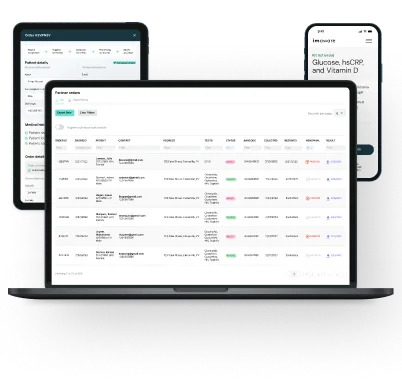
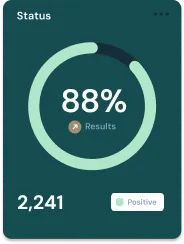

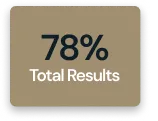
How it Works
imaware delivers personalized health data, empowering individuals to optimize their health.

STEP 1
Brand Kits & Platform
Choose from 200+ biomarkers, white-label the test kits and platform, and deploy your testing experience.

STEP 2
Compete Sample Testing
Consumers order tests for delivery or visit local labs for sample collection, processing, and analysis.

STEP 3
Results & Recommendation
Results come in three formats: Performance reports for partners, biomarker data views for clinicians, and user-friendly portals for patients.

STEP 4
Receiving Ongoing Care
We support virtual care and ongoing testing to improve outcomes for all.

Platform Customization and Integration
Tailor the Platform to Your Brand Needs
Seamlessly integrate with your existing systems anhd customize the platform with your branding for a cohesive patient experience.
.webp)
Customizable and Flexible Solutions
Your Data, Your Way
Gain valuable insights with our robust data analytics and reporting tools. Securely store and manage patient data with our HIPAA-compliant platform.
.webp)
Customizable and Flexible Solutions
A Complete Picture of Health
Connect fragmented health data to provide a holistic view of the patient, enabling more informed decision-making and improved care.

Expand Biomarkers Capabilities
Our platform’s biomarker capabilities go beyond the basics to help patients more clearly understand and track their journey to a better self. With over 200 analytes to choose from, you can build the panels and brand white-label kits best suited to your business objectives and end users’ needs.
.svg)
Raise the Bar on Quality
50
Testing coverage in 50 states
100%
CLIA certification and CAP accreditation in 100% of labs

Total privacy and security compliance(HIPAA- and SOC2-compliant)

Simplify workflows and reduce costs.
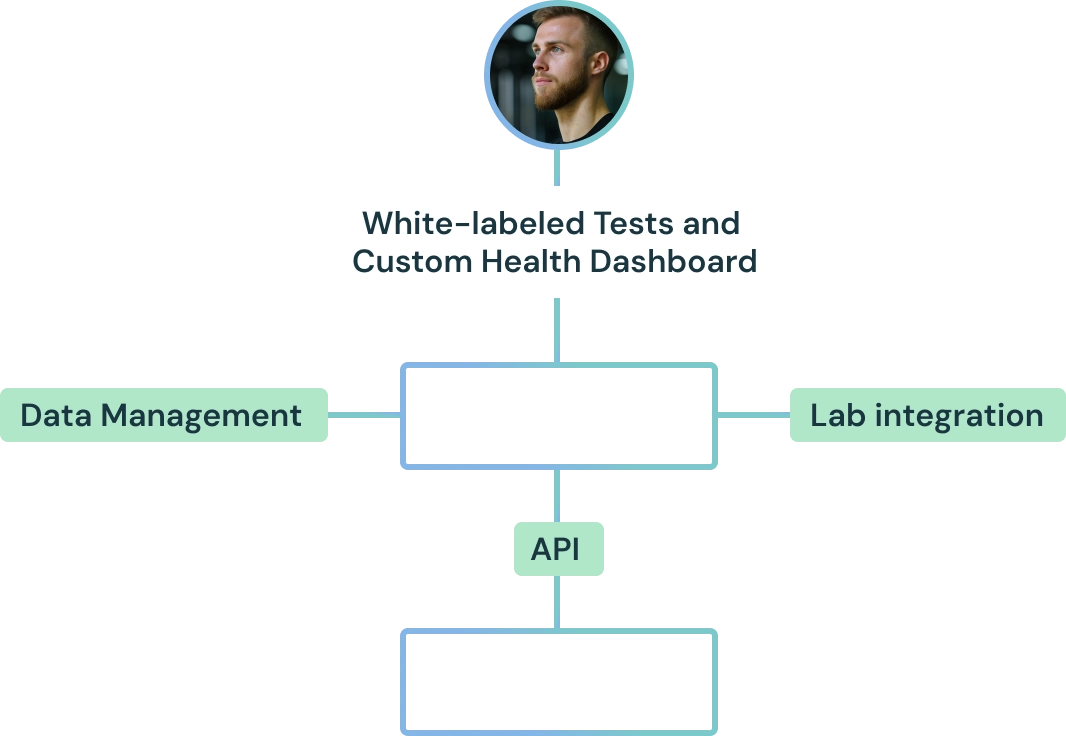
Access a vast network of healthcare providers and 4500+ Quest and LabCorp centers.
50
Testing coverage in 50 states
100%
CLIA certification and CAP accreditation in 100% of labs

Total privacy and security compliance(HIPAA- and SOC2-compliant)

50
Testing coverage in 50 states
100%
CLIA certification and CAP accreditation in 100% of labs

Total privacy and security compliance(HIPAA- and SOC2-compliant)

50
Testing coverage in 50 states
100%
CLIA certification and CAP accreditation in 100% of labs

Total privacy and security compliance(HIPAA- and SOC2-compliant)

50
Testing coverage in 50 states
100%
CLIA certification and CAP accreditation in 100% of labs

Total privacy and security compliance(HIPAA- and SOC2-compliant)

.webp)
Security
Safeguarding Healthcare Companies of Any Size
High Standards
CLIA certification and CAP accreditation in 100% of labs.
Privacy and Security
HIPAA- and SOC2-compliant.
.webp)
Integrations
Robust API Integration
Easily integrate our platform into your existing systems for streamlined workflows. Enable real-time access to health data that supports quicker decisions and improved outcomes.



.webp)
.webp)
.svg)



